Swiss myths fall apart at the Zurich Film Festival

The 18th Zurich Film Festival (ZFF) offers a rich palette of unconventional approaches to Swiss history: from a reassessment of national painter Albert Anker to a fascist-hunting Heidi.
Goats, milk and frolicking in the shadow of the Swiss Alps – that’s what Heidi is all about, right? Not if you go to the 18th Zurich Film FestivalExternal link, which is hosting a decidedly R-rated version of the happy mountain girl, recast as an anti-fascist rebel in the highly anticipated exploitation movie Mad Heidi. But that is just the tip of the ZFF iceberg, which features an array of Swiss films that tackle entrenched national myths.
Switzerland is not short of such narratives: 1291, the country’s quasi-mythical founding year, is a fiction born out of political expedience. Swiss neutrality is often controversially traced back to 1515’s Battle of Marignano, the Old Swiss Confederacy’s most ignoble military defeat. Meanwhile, the debates surrounding the legacy of Switzerland’s “colonialism without colonies” are ongoing.
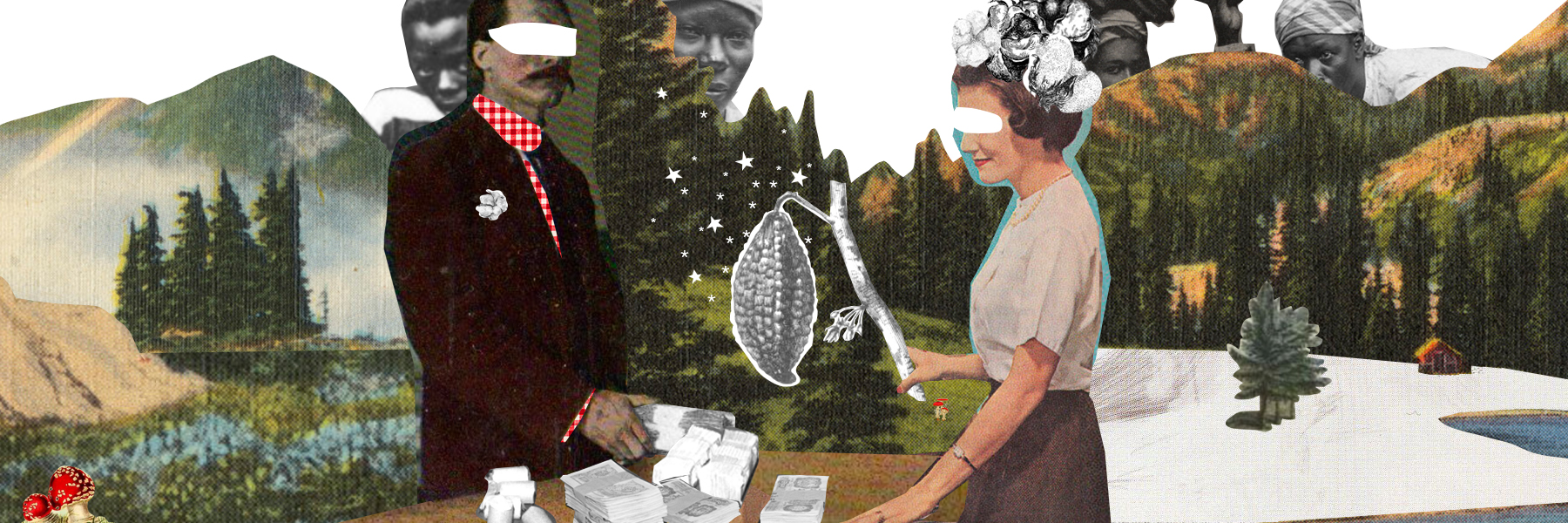
More
Switzerland and its colonists
And then there is the Second World War, during which Switzerland remained neutral and from which it emerged largely unscathed, due in part to concessions to the fascist Axis powers – like turning away Jewish refugees at the border. As filmmaker Laurent Nègre puts it: “The body was saved, but the soul was wounded forever by the compromises made between 1933 and 1945.”
Assessing a patriotic myth
Nègre’s latest film, the drama A Forgotten Man, celebrates its world premiere in Zurich. Inspired by Thomas Hürlimann’s play Der Gesandte (The Envoy), the film tells the fictionalised story of Hans Frölicher, who served as Swiss ambassador to Germany from 1938 to 1945.
Returning home to Bern within days of the war’s conclusion, the envoy, renamed Heinrich Zwygart in the film, finds himself in a delicate position. With Switzerland acceding to the new geopolitical reality, Zwygart’s wartime appeasement strategies and his personal admiration for Hitler are suddenly no longer assets in his bid to climb the political ladder.
Stylistically, A Forgotten Man makes use of dramatic props of historical cinema – polished black-and-white photography, impeccable production values, ostentatiously acted shouting matches – but there is a good deal of subversion lurking in the folds of Nègre’s script.
The film is strikingly blunt in its assessment of Switzerland’s navigation of the Second World War. It makes a thinly veiled mockery of the patriotic myth that the country’s stout military was enough to deter the German tanks, strongly suggesting that Switzerland would have been just as ready to embrace a Nazi victory as they eventually were to welcome the Allied one.
Yet Nègre also points out that the intent of A Forgotten Man is not “to judge the past from the comfort of a supposedly omniscient position” but to confront this fraught historical moment and fathom the genuine dilemma at the heart of Switzerland’s Second World War policy.
Swissploitation
This uncomfortable proximity to Nazi Germany is also where Mad Heidi inserts itself into the ZFF’s theme of critically negotiating Swiss mythologies.
First announced in 2017, and now, after an impressive crowdfunding campaign, finally ready to see the light of day, the action-adventure movie by directors Johannes Hartmann and Sandro Klopfstein bills itself as “the first Swissploitation film” and comes out with its subversive guns blazing.
Mad Heidi – fresh off an audience award win at the Brussels International Fantastic Film Festival – recasts the emblem of rural Swissness as a fierce action heroine taking on the fascist dictatorship of a ruthless cheese magnate.
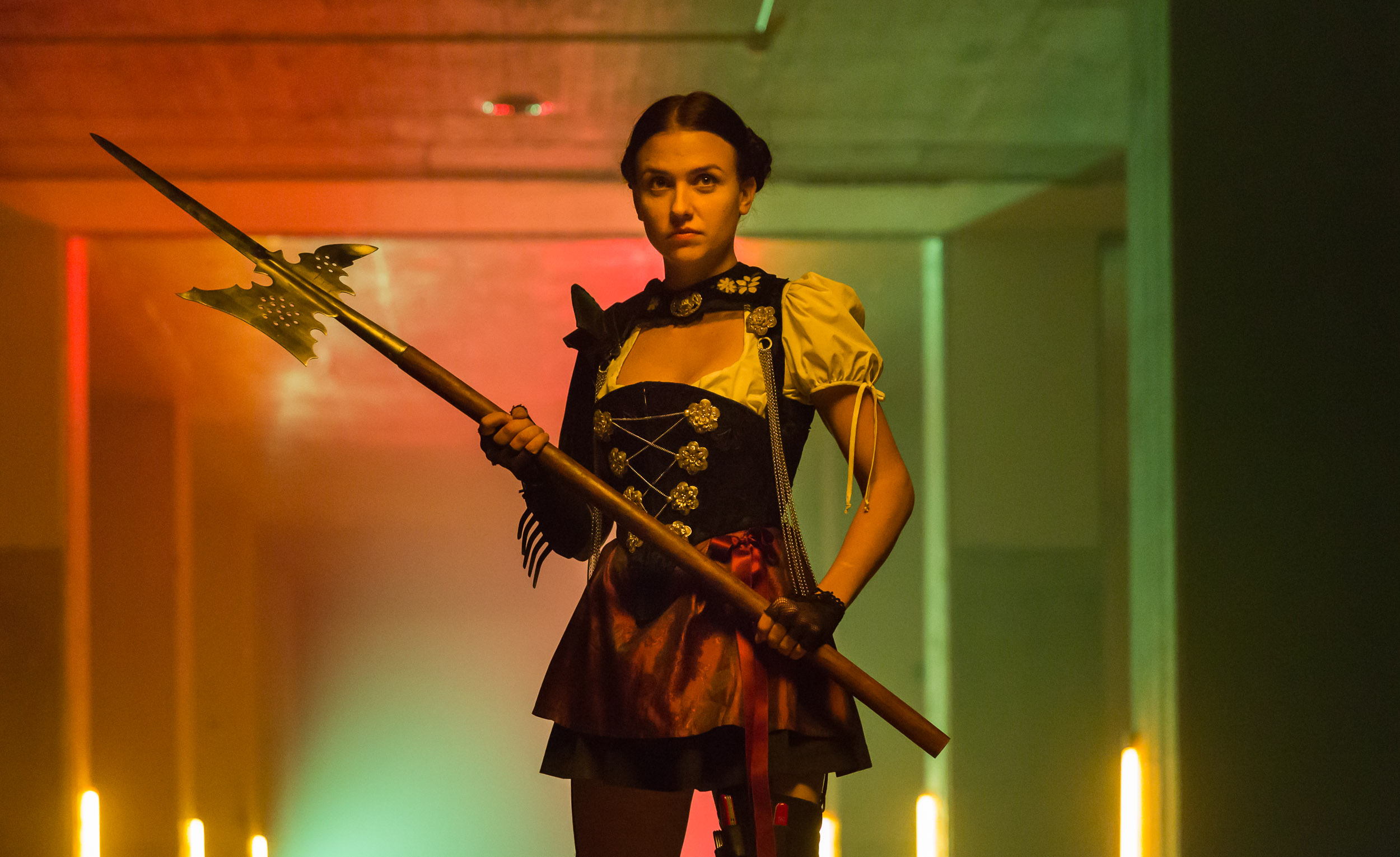
More
‘Mad Heidi’ shakes up fascists – and the film industry
The film, which hits Swiss cinema screens on November 24, is certainly not a piece of pointed political satire, but it does signal a renewed readiness in popular Swiss filmmaking to rethink and reframe national icons and received historical wisdom – such as the comforting tale of the defiant Alpine republic where fascism could never take root. In fact, one might even see it as a populist update to the politically conscious historical filmmaking that had its heyday in the 1970s and 1980s.
Understanding the ‘national painter’
Beyond Switzerland’s role in the Second World War, the Zurich Film Festival also takes to task the conservative nostalgia that is often associated with late-19th-century Switzerland.
There is, for example, Heinz Bütler’s conversational documentary Albert Anker – Malstunden bei Raffael (Painting Lessons with Raphael). Today, Anker, often called Switzerland’s “national painter”, is perhaps best known for his decorous vistas of traditional Swiss village life – and for being the artistic hobbyhorse of right-wing figurehead Christoph Blocher, who is the foremost collector of the painter’s work. Anker has, in short, become a symbol for the reactionary dream of returning to an imagined idyllic past.
But Bütler, whose film never mentions Blocher, seems intent on salvaging Anker from the political appropriation he has fallen prey to, questioning whether it’s even fair to blame the artist for the patriarchal conservatism his works are commonly associated with.

The film, which opens in Swiss cinemas on December 15, follows interviews with people from disparate disciplines, such as art historian Nina Zimmer, director of the Bern Museum of Fine Arts, and the late musician Endo Anaconda, who react to Anker’s paintings and the memorabilia they find in his preserved studio. In the end, it constructs a quilt-like portrait, finding not a reactionary but a curious, somewhat disillusioned citizen of the world.
In Bütler’s words, the documentary “dusts off the traditional image of Anker”, framing the painter as an artist with a unique affinity for the roles women and children played in his day and age, while a re-examination of his sturdy realism proposes an unlikely kinship with the more radical Impressionists.
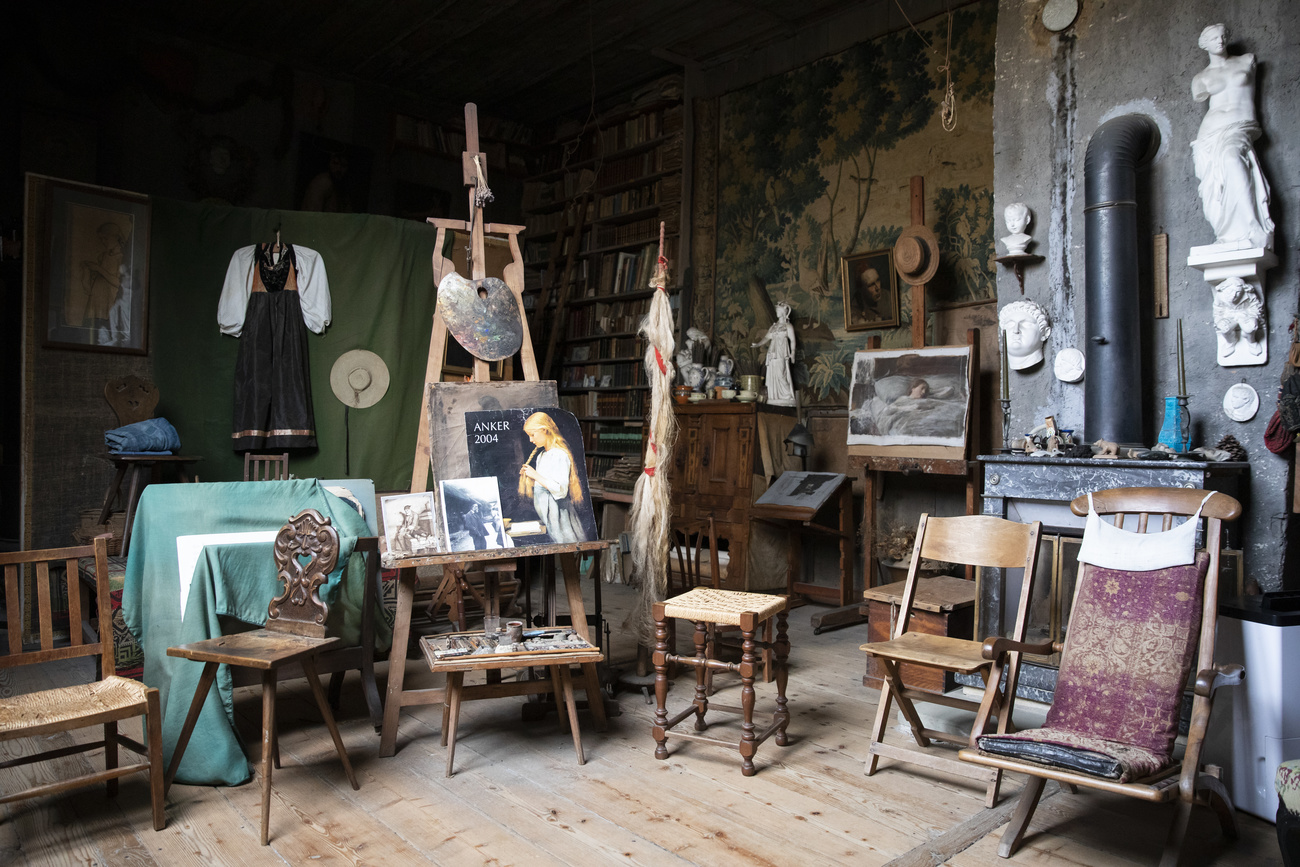
Female lust in a repressive past
But the ZFF also features a rebuttal of sorts to this comparatively positive view of Anker’s art – namely Carmen Jaquier’s Foudre (Thunder), which is set to be released in Swiss cinemas in early 2023.
Like Bütler, Jaquier also displays a keen sense of history as a collection of narratives: set in a mountain village around 1900, Foudre opens with a series of photographic and artistic impressions of rural Swiss life at the turn of the century, before segueing into a shot of a woman striking a painterly pose and revealing that she has, in fact, been shackled to a table.
From the beginning, it is clear that this is a film interested in uncovering and de-romanticising the multi-layered misogyny embedded in the kind of traditional lifestyle that Anker and his contemporaries helped enshrine as part of Swiss national identity in the late 1800s.
Village life is where Anker and his peers saw Christian piety, humility and chastity. Jaquier, on the other hand, stresses the oppressiveness of this supposed idyll – and adds her own spin: Foudre’s story of 17-year-old Elisabeth, who returns home from a convent following her sister’s mysterious death, emphatically makes space for female lust and sexual freedom in the supposedly buttoned-up past.
Taken together, these films offer a dynamic reworking of Swiss history that not only focuses on subversive takes on Switzerland’s past, but also addresses the very process through which alleged historical certainties and national narratives come into being.
Edited by David Eugster

In compliance with the JTI standards
More: SWI swissinfo.ch certified by the Journalism Trust Initiative
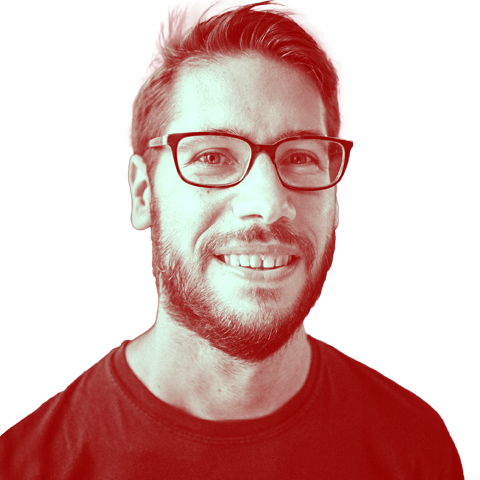








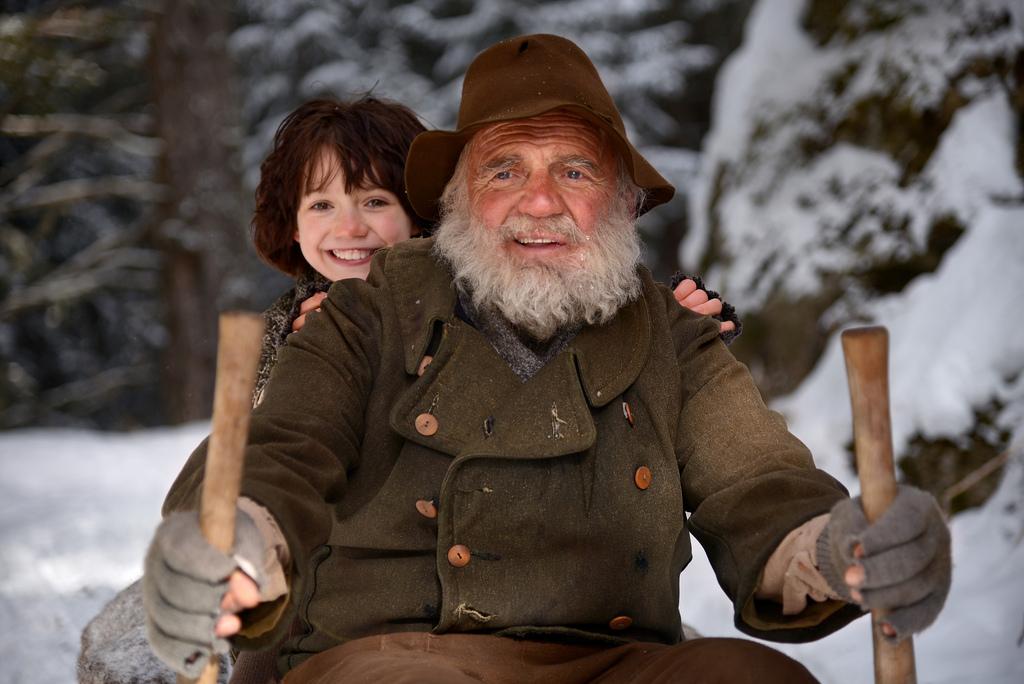

You can find an overview of ongoing debates with our journalists here . Please join us!
If you want to start a conversation about a topic raised in this article or want to report factual errors, email us at english@swissinfo.ch.